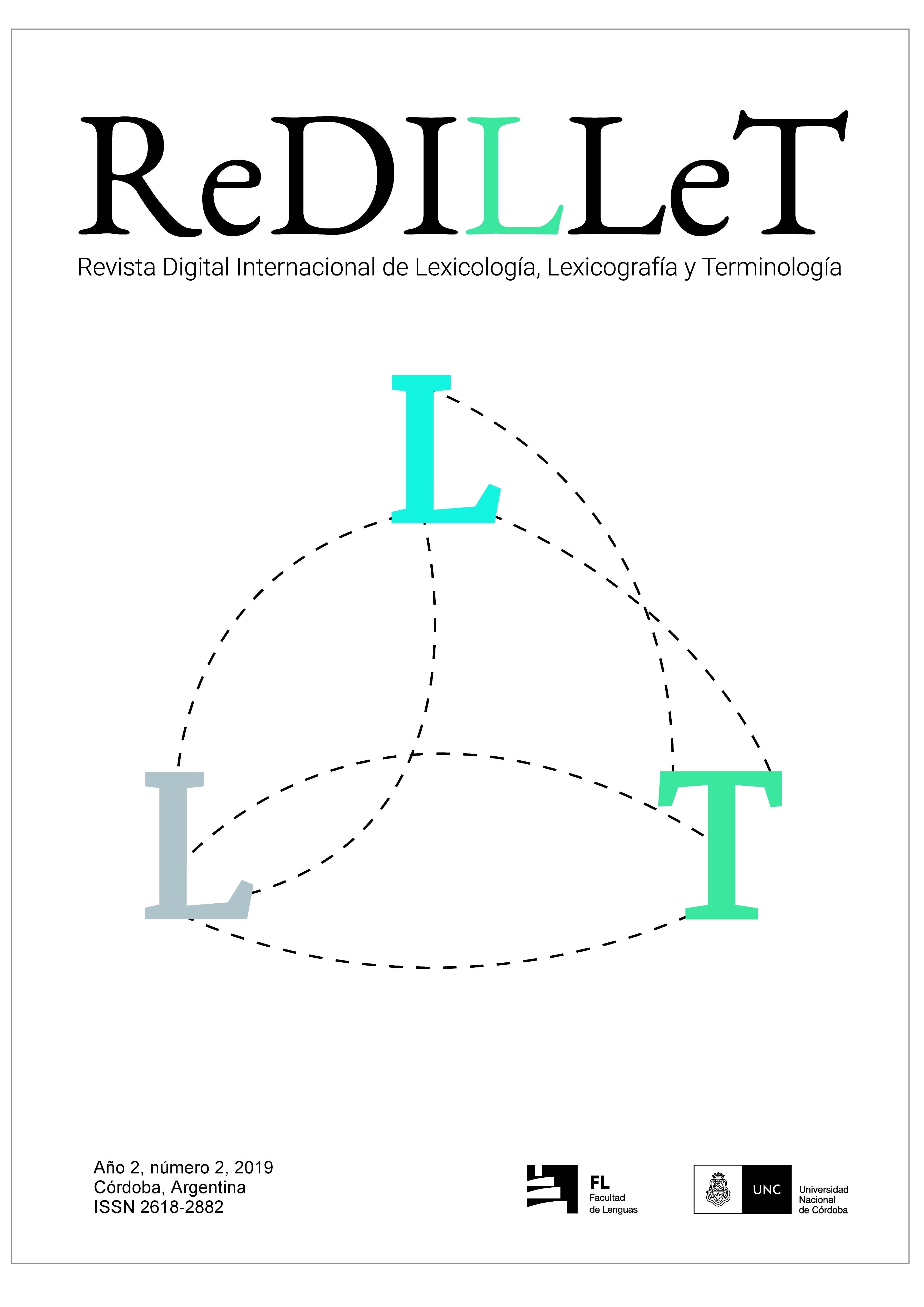Prostitutas, viejas y atrevidas: representaciones femeninas en la lexicografía colombiana contemporánea
Resumen
Resumen
Este artículo explora las representaciones sobre lo femenino en el más reciente Diccionario de colombianismos publicado por el Instituto Caro y Cuervo en el año 2018, con el apoyo de la Academia Colombiana de la Lengua y el patrocinio del Ministerio de Cultura del Gobierno Nacional de Colombia. El trabajo se apoya en el campo de la etnolexicografía, con perspectiva glotopolítica, y acude a la metodología para el análisis crítico del discursivo lexicográfico (ACDL). El texto avanza sobre el análisis de la macroestructura, microestructura e infraestructura del diccionario y resalta las ideologías lingüísticas presentes en sus entradas, ejemplos y definiciones. El contexto político y social en el que se ubica el estudio es el de la implementación del Acuerdo de Paz en Colombia y su énfasis en el enfoque de género como estrategia para la reparación de las mujeres víctimas del conflicto armado. Este trabajo evidencia las contradicciones ideológicas entre la búsqueda de reconciliación a través de producciones institucionales como el diccionario y las gramáticas, y la reproducción de microviolencias a través de las entradas mismas del diccionario.
Palabras clave: diccionario • Colombia • glotopolítica • ideologías lingüísticas • lexicografía
Abstract
This article explores the representations about the feminine in the most recent Dictionary of Colombianisms published by the Caro y Cuervo Institute in 2018 with the support of the Colombian Academy of Language and the sponsorship of the Ministry of Culture of the National Government of Colombia. The work is supported in the field of ethnolexicography, with glottopolitical perspective, and goes to the methodology for the critical analysis of the lexicographical discourse (ACDL). The text advances on the analysis of the macrostructure, microstructure and infrastructure of the dictionary and highlights the linguistic ideologies present in its entries, examples and definitions. The political and social context in which the study is located is that of the implementation of the Peace Agreement in Colombia and its emphasis on the gender as a strategy for the reparation of the women victims of the armed conflict. This work demonstrates the ideological contradictions between the search for reconciliation through institutional productions such as the dictionary and the grammars, and the reproduction of micro-violence through the dictionary’s entries.
Keywords: dictionary • Colombia • glottopolitics • linguistic ideologies • lexicography
Descargas
Publicado
Número
Sección
Licencia
Aquellos autores que deseen publicar en ReDILLeT aceptan los siguientes términos:
• Los autores conservarán sus derechos sobre el texto entregado y garantizarán a la revista el derecho de primera publicación de su obra. Dicho derecho estará simultáneamente sujeto a la licencia Creative Commons, la cual permite que terceros compartan la obra siempre que
se mencione al autor y al lugar de la primera publicación.
• Los autores realizan una cesión de derechos no exclusivos, lo que implica que la publicación de los artículos en ReDILLeT no impide al autor publicar su texto, a posteriori, en otras revistas u órganos editoriales; asimismo, los autores autorizan que el trabajo sea depositado en repositorios institucionales, como el Portal de Revistas de la Universidad
Nacional de Córdoba o el Repositorio Digital de la Universidad Nacional de Córdoba.



